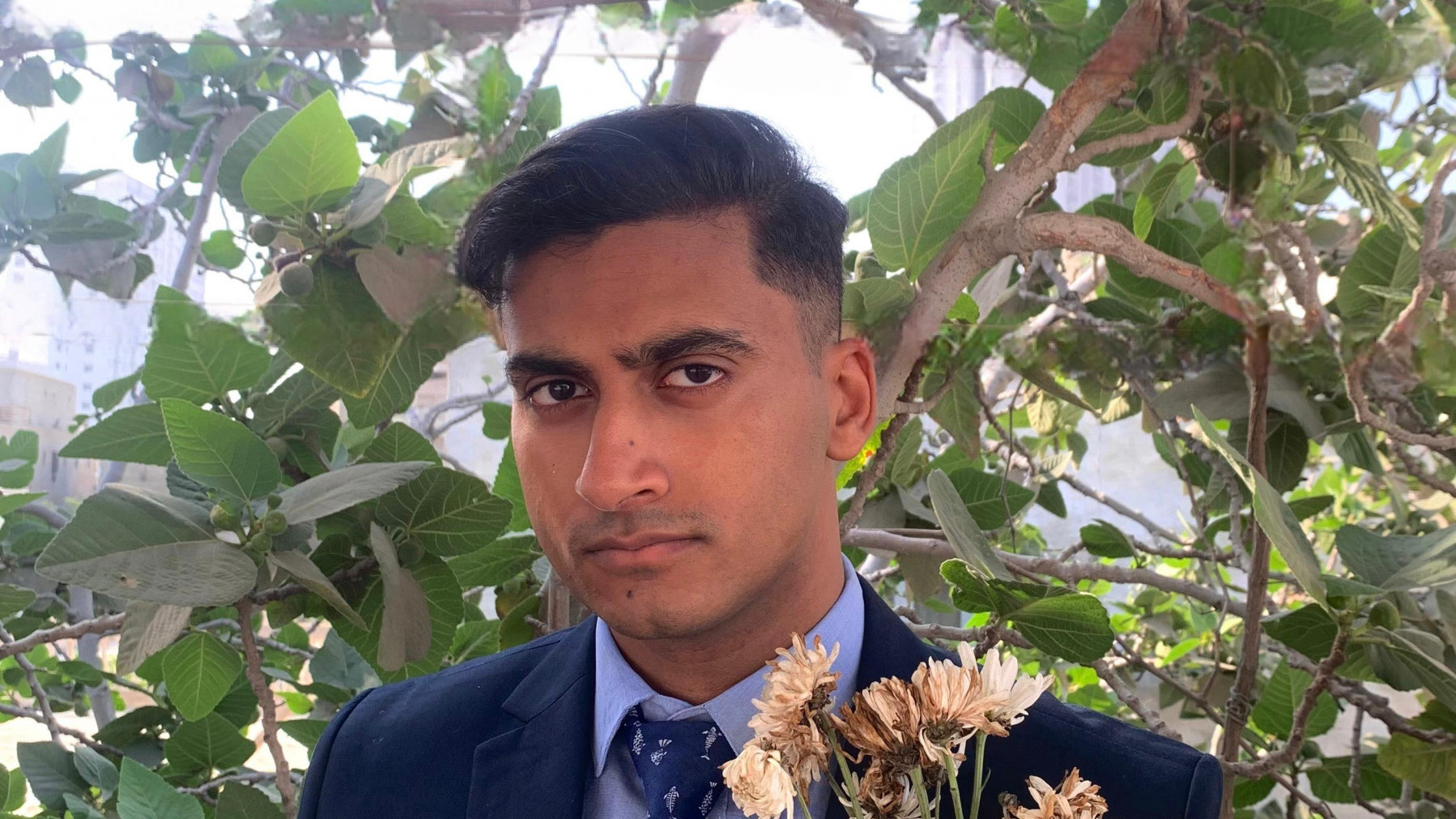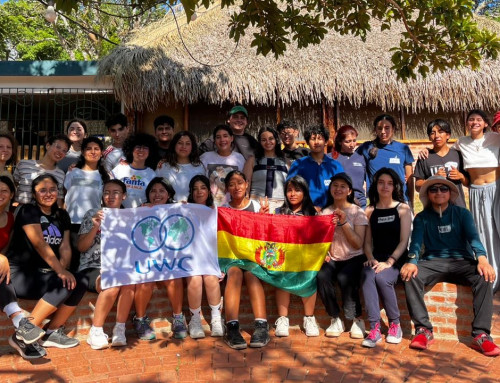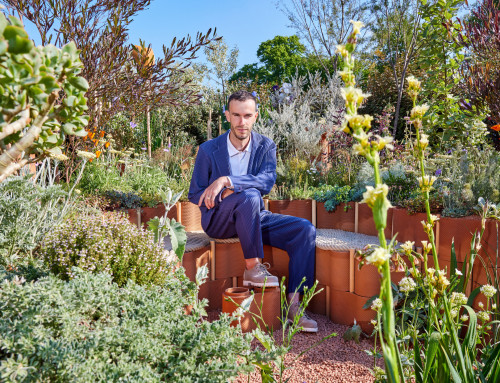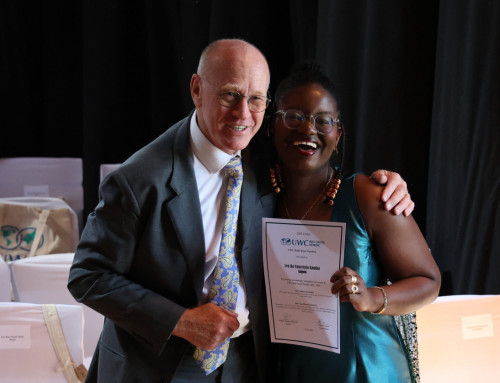We’re proud to spotlight Hamza Jalil Albasit (RCN ’16) from Pakistan, whose debut novel, The Oracle of Hate, has just been published across South Asia. Set in the haunting underbelly of Karachi, the novel blends magical realism, political unrest, and generational trauma—a narrative Hamza calls “an ode to the city that both broke and built me.”
Reflecting on his time at RCN, Hamza says, “I was a curious kid at RCN. Even though I was a science student—Physics and Chemistry HL—my heart was always drawn to the arts. I found refuge in theatre, both writing and directing, and led the Theatre EAC with my friends. The highlight of that time was our adaptation of Arthur Miller’s A View from the Bridge, which I directed with their support. RCN was where my passion for storytelling was not only validated, but nurtured. I was surrounded by great teachers—Peter Wilson, Mariano Giampietri, and Maria Teresa, to name a few—who mentored me throughout my journey at the college.”
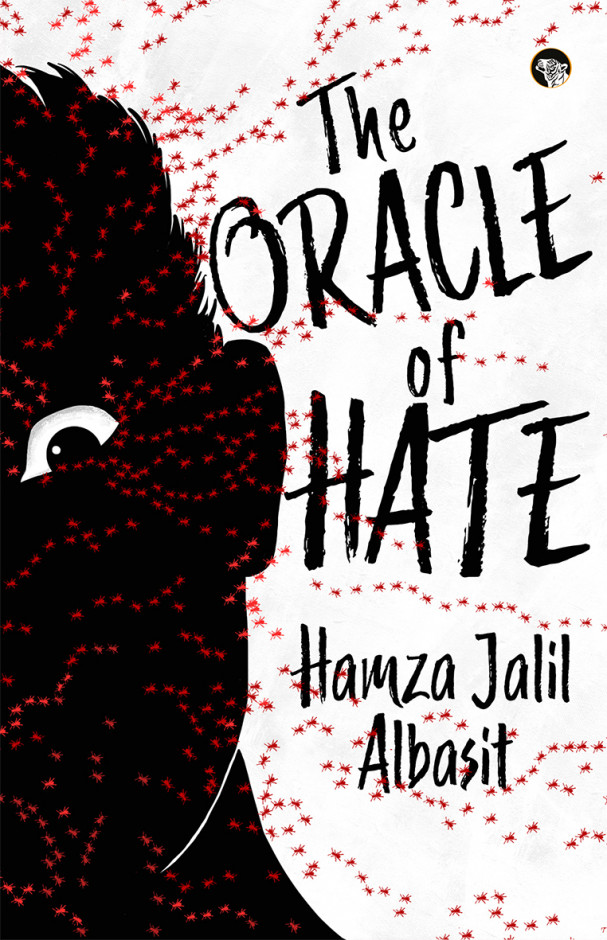
After graduating from RCN, Hamza pursued his undergraduate studies in the United States, where he continued to explore storytelling through film. He wrote and directed several short films under a student-led film company, often examining themes like the human condition, urban isolation and mental health on campus. Hamza began writing The Oracle of Hate in 2020, upon returning back to Pakistan. “I was completely lost. The country I grew up in, the language I once thought in, even the people around me—all of it felt foreign. I turned to stories, the only refuge I had. In the pages of García Márquez, Murakami, and Mohsin Hamid, I began to dream again.”
It was a visit to his hometown, Karachi, that stirred something deeper.
“Time had been unkind to my city. I saw it in the blood on the walls, in the horror people carried behind their eyes. And something in me shifted—not just nostalgia, but a deep sense of responsibility. I knew I had to write. Not to expla
in Karachi, but to listen to it. To let it speak through me.”
The Oracle of Hate is a genre-blending literary fiction set in contemporary Karachi. It follo
ws Waleed, a young man whose life is upended after a violent mugging draws him into the city’s criminal and political underworld. As Karachi prepares for national elections, Waleed becomes entangled in a network of power, loyalty, and betrayal—forcing him to confront his family’s unraveling and his own haunted past. Exploring themes of memory, faith, and violence, the novel offers a powerful portrait of a city caught between myth and reality.
The novel is now available across South Asia. Hamza and his agent are currently working on a wider international release.
“RCN gave me the freedom to explore stories that take risks. It taught me to value ambiguity, to sit with what’s unsaid, and to lean into complexity—all of which shaped the way I write. I remain grateful for how the college—and the UWC experience—helped shape my perspective and nurture my voice.”

